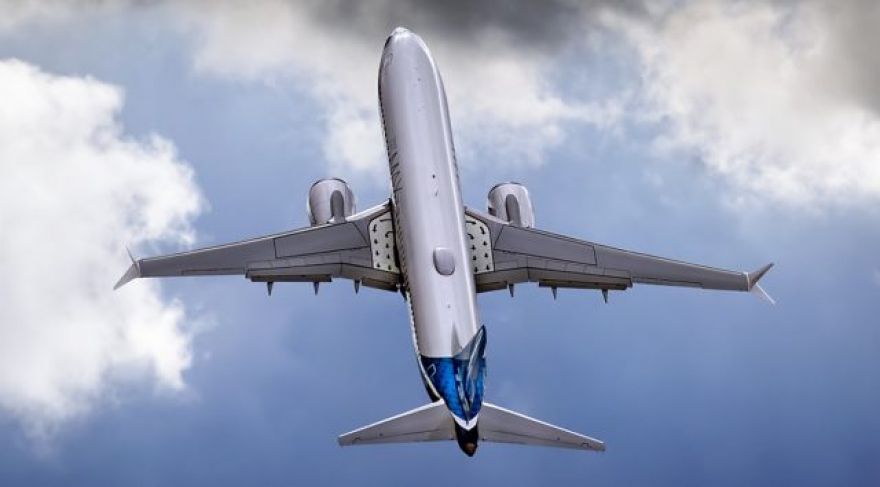
Boeing Proposes Fixes for Grounded 737 Max Aircraft
Most countries, including the US, Boeing’s 737 Max 8 aircraft following a two weeks ago. The company has scrambled to address concerns over the plane’s automated flight control system and now . It includes both updates to the airplane’s systems and training for pilots, but it’s up to the FAA to approve the plan before any 737 Max 8 aircraft will take to the skies.
Some version of the Boeing 737 has been flying since the 1960s, but 737 Max family is the most recent incarnation. The 737 Max software was recently updated to include a featured called the Maneuvering Characteristics Augmentation System (MCAS), which was supposed to make the planes safer by automatically adjusting the jet’s “angle of attack” if the nose tipped too high.
Boeing’s recommended remedy for the 737 Max includes a major revamp of the MCAS platform. MCAS will now get data from both of the plane’s angle of attack sensors instead of just one. If those sensors are 5.5 degrees or more apart, MCAS will shut itself off and not attempt to nudge the nose of the aircraft down. The pilot’s controls will display a notification if that happens. Boeing will also roll out new pilot training that focuses on the MCAS system, ensuring flight crews will know how to disable MCAS in the event of an issue.
A stall can occur when the nose of the plane is elevated, so a system that pushes the nose down could make sense — but pilots weren’t trained on how to recover the Boeing 737 Max from this event. Previous 737s lacked this feature. Image credit:
Early reports on the most recent Ethiopian Airlines crash have suggested that an could have helped the crew avert disaster. Boeing charges extra for that display, which shows the plane’s angle of attack and the status of the sensors. Boeing will now include that display free on 737 Max aircraft.
The FAA will need to sign off on the proposed fixes, and that’s going to take time. Analysts believe it will be at least six weeks before the 737 Max is allowed to carry passengers again. However, some sources say Boeing will be lucky to get the 737 Max flying in three months. After the FAA approves the plan, it will take just a few days to roll out the new software and get 737 pilots fully trained on MCAS.
Now read: